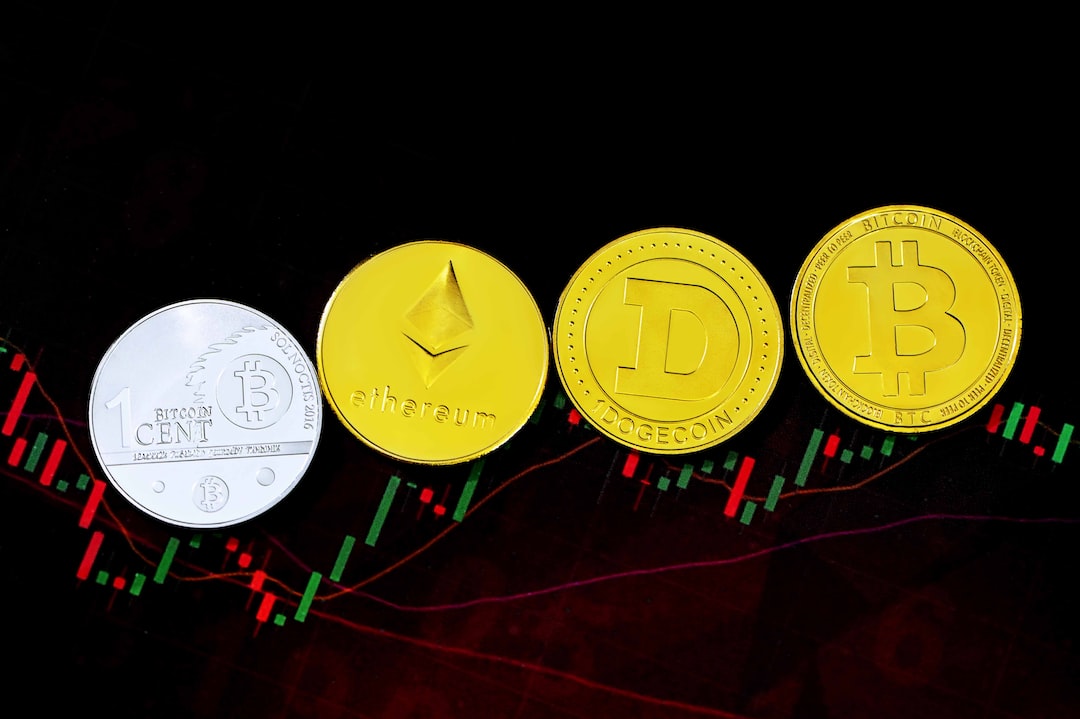Venezuelan Attorney General Exposes Exxonmobil’s Use of Cryptocurrency in Plot Against Essequibo Claim Ballot
The Venezuelan government has uncovered a conspiracy involving money laundering, cryptocurrency, and attempts to influence the recent ballot on Venezuela’s stance regarding the Essequibo claim. Exxonmobil, one of the largest oil and gas companies, was identified by Tarek William Saab, the Venezuelan attorney general, as using intermediaries to finance these actions.
Following thorough investigations, Saab revealed that the money laundering activities of international organizations and foreign companies, including Exxonmobil, had been traced. The Essequibo referendum, which saw over 10 million Venezuelans supporting the country’s claims, was influenced by funds introduced through large sums of cash and the cryptocurrency USDT.
Multiple arrest warrants have been issued, targeting opposition politicians such as Juan Guaido and former Chavez supporters. Exxonmobil’s CEO, Darren Woods, has denied the allegations, stating that the company’s involvement is limited to assisting Guyana in responsible resource development.
Second Cryptocurrency Scandal in Venezuela
This incident marks the second cryptocurrency scandal in Venezuela this year. In a separate case, Joselit Ramirez, the head of Venezuelan cryptocurrency watchdog Sunacrip, and other government officials were arrested for corruption charges related to the use of cryptocurrency in brokering oil deals to bypass U.S. sanctions.
Hot Take: Exxonmobil’s Alleged Role Raises Concerns About the Influence of Cryptocurrency
The recent revelations surrounding Exxonmobil’s alleged use of cryptocurrency in a plot against Venezuela’s Essequibo claim ballot highlight concerns about the influence of digital assets in global affairs. As governments and organizations become more aware of the potential for exploitation, it becomes necessary to establish stricter regulations and oversight to prevent such incidents in the future.





 By
By
 By
By
 By
By
 By
By
 By
By